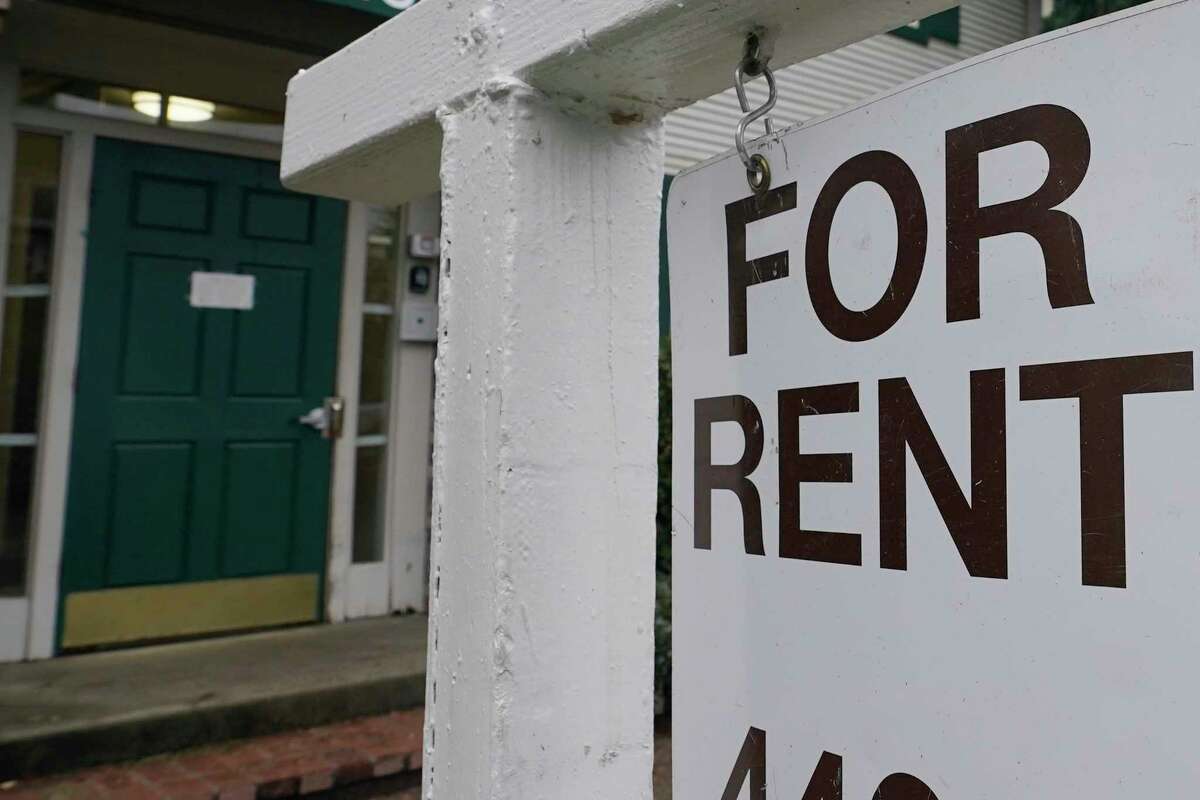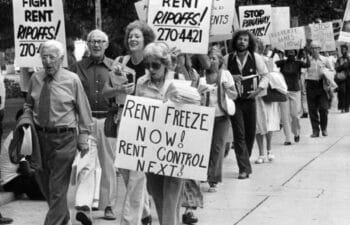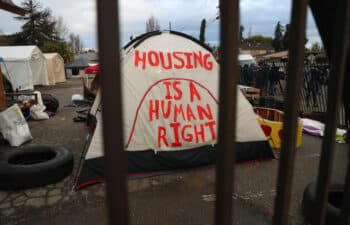
The Ninth U.S. Circuit Court of Appeals struck down part of a Seattle ordinance in a ruling that will affect laws in Oakland and Berkeley that ban nearly all questioning about a rental housing applicant’s criminal record. Rich Pedroncelli/Associated Press
Landlords can ask applicants for criminal history, court says in ruling that impacts Oakland, Berkeley
by Bob Egelko | Mar 21, 2023
Cities can’t completely prohibit rental property owners from asking prospective tenants about their criminal history, although they can prohibit owners from excluding all tenants who have criminal records, a divided federal appeals court ruled Tuesday.
The 2-1 ruling by the Ninth U.S. Circuit Court of Appeals in San Francisco struck down part of an ordinance in Seattle and also will affect laws in Oakland and Berkeley that ban nearly all questioning about an applicant’s criminal record. But the court approvingly cited a 2014 San Francisco ordinance that lets owners of affordable housing consider a would-be renter’s convictions from the previous seven years.
That ordinance, the Fair Chance law, allows an owner to reject an applicant whose record raises serious concerns about safety, as long as the renter has a chance to present evidence of rehabilitation and recommendations from others.
While San Francisco argued in a court filing that cities should be allowed to go further and ban nearly all inquiries about tenants’ criminal records, the court said the Fair Chance law showed that a local government could protect prospective renters from discrimination while remaining “significantly less burdensome on speech” by the property owners.
On the other hand, Judge Kim Wardlaw said in the majority opinion, owners have no right to automatically exclude all tenants with past criminal convictions. Laws in Seattle and other cities against such prohibitions serve the legitimate purposes of “reducing barriers to housing faced by persons with criminal records and lessening the use of criminal history as a proxy to discriminate on the basis of race,” Wardlaw wrote.
She said formerly incarcerated people are nearly 10 times as likely as the general population to experience homelessness or housing insecurity, and the disparities were far more likely to affect racial minorities than whites.
The court set aside a federal judge’s 2021 ruling upholding the entire Seattle ordinance and told the judge to decide whether the city’s ban on excluding all applicants with criminal records could stand on its own.
Wardlaw’s decision drew partial dissents from the other members of the panel. Judge Mark Bennett said a property owner “who prioritizes the safety of other tenants” should be allowed to reject any applicant with a criminal record. But Judge Ronald Gould said cities that seek to protect tenants against discrimination should be able to bar all questioning about criminal history.
Property owners could still get pertinent information about an applicant’s “rental history, income history, character references, job history,” and could ask for references from others who have rented to the prospective tenant, Gould said.
The federal government, under Presidents Barack Obama and Biden, has issued “guidance” statements saying property owners nationwide should consider ending all questioning about prospective tenants’ past convictions. “Criminal history is not a good predictor of housing success” and its use can result in discrimination, the Department of Housing and Urban Development said in a report last June.
Tuesday’s ruling was praised by the Pacific Legal Foundation, a nonprofit property-rights supporter representing owners who challenged the Seattle ordinance.
“The Ninth Circuit’s decision recognizes that the First Amendment protects the right to ask questions and receive information relevant to our livelihoods,” said Ethan Blevins, the foundation’s lawyer in the case.
Despite the court’s favorable reference to San Francisco’s approach, Jen Kwart, spokesperson for City Attorney David Chiu, said the city would have preferred a ruling that barred all inquiries into rental applicants’ criminal records.
“We are disappointed the court struck down this portion of Seattle’s ordinance because we believe strongly in reducing barriers to formerly incarcerated people,” Kwart said.



